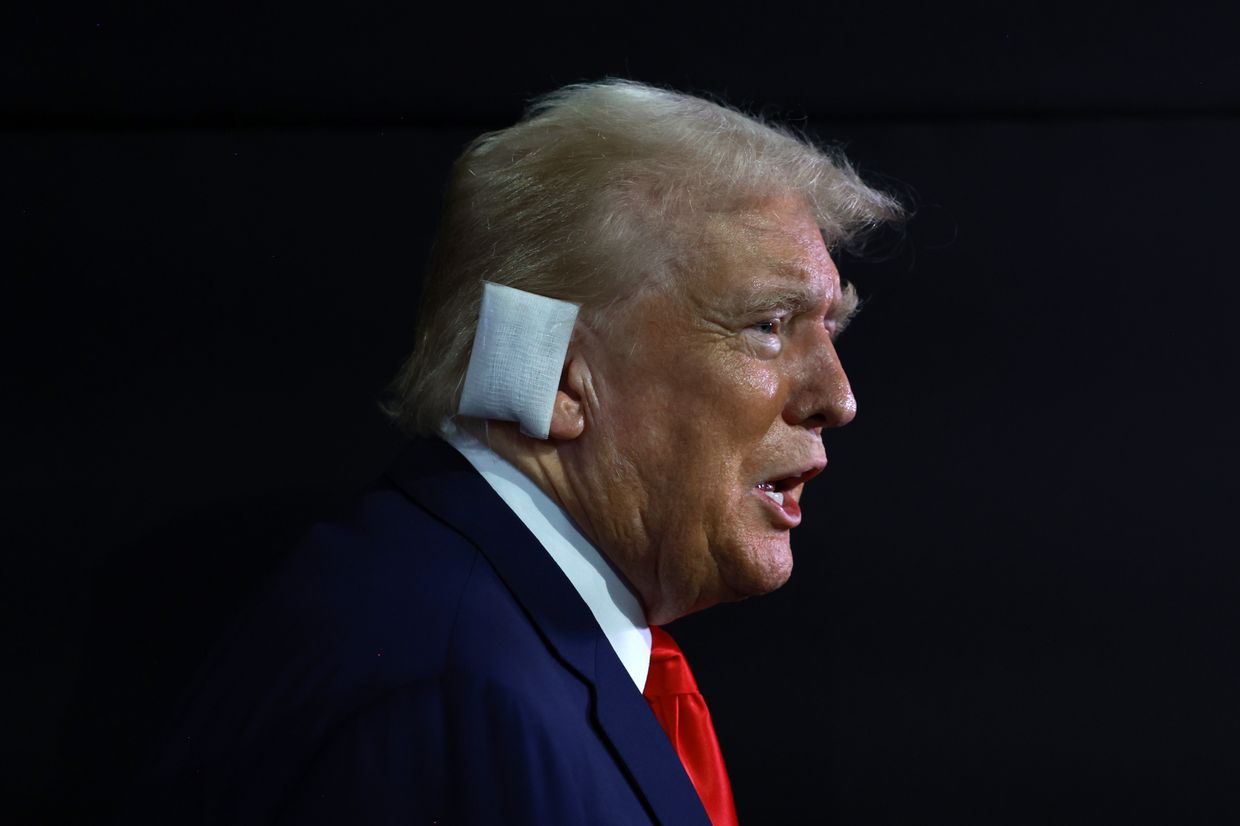Trump formally accepts nomination as Republican presidential candidate

Former U.S. President Donald Trump formally accepted the nomination as his party's presidential candidate on July 18 at the Republican National Convention (RNC) in Milwaukee in his first speech since surviving an attempted assassination.
A gunman fired at Trump on July 14 during a campaign rally in Pennsylvania. The bullet grazed Trump's ear, but he was otherwise unharmed.
"So tonight, with faith and devotion, I proudly accept your nomination for president of the United States," Trump said on the final day of the RNC.
This marks Trump's third Republican nomination for president, after winning the 2016 election and losing the 2020 vote to U.S. President Joe Biden. Trump is expected to face Biden again in November, though calls from democratic lawmakers for Biden to step down have increased amid questions about his fitness for office.
A potential second Trump presidency has raised concern about ongoing U.S. support for Ukraine. Trump has long criticized U.S. aid to Kyiv, and his sway over the GOP contributed to the months-long deadlock in Congress over supplemental security assistance.
President Volodymyr Zelensky said in a BBC interview on July 18 that cooperating with a Trump White House would be "hard work, but we (Ukrainians) are hard workers."
On the campaign trail, Trump has repeatedly touted a plan to bring the war to an immediate end if he wins in November. The plan reportedly involves ceding territory to Russia, though Trump has provided minimal details on the specifics of his proposal.
Trump will run alongside his vice presidential running mate, Senator JD Vance, who is thought to be an even more outspoken opponent of U.S. support for Ukraine, and has openly endorsed territorial concessions as part of a potential peace deal.
Trump was convicted in May on 34 felony counts involving falsified business records related to hush money payments.













